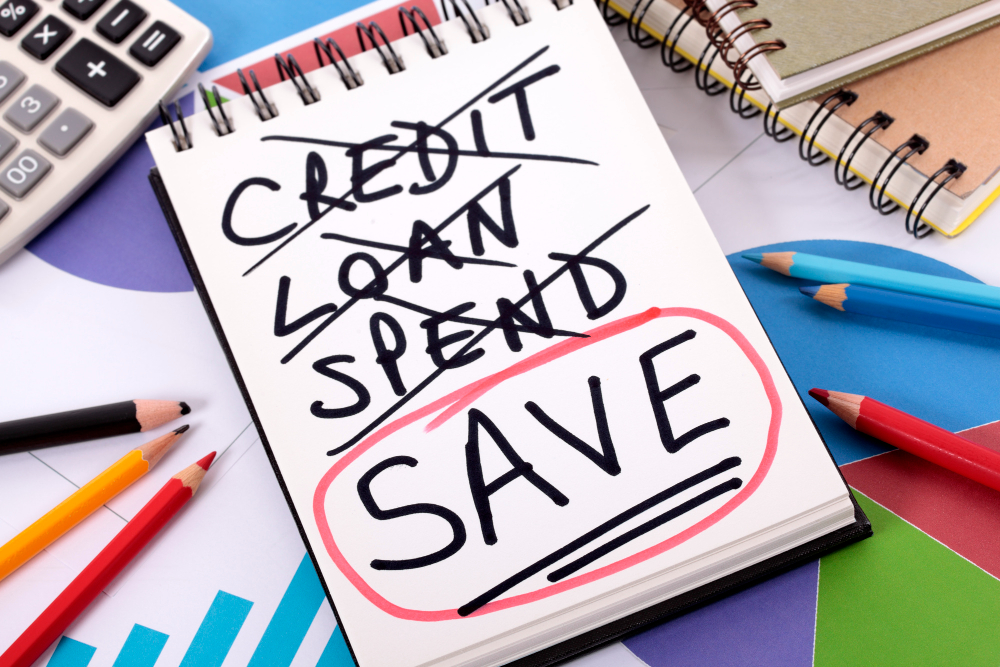Smart Ways to Reduce Debt and Achieve Financial Freedom

Debt can be a significant burden on individuals and families, preventing them from achieving financial freedom. However, with the right strategies and a disciplined approach, it is possible to reduce debt and take control of your financial situation. In this article, we will explore smart ways to reduce debt and pave the way towards financial freedom.
Create a Budget and Track Your Expenses
The first step towards reducing debt is to create a realistic budget and track your expenses. Start by listing all your income sources and categorize your expenses. This will help you understand where your money is going and identify areas where you can cut back. Look for non-essential expenses that can be reduced or eliminated entirely. By tracking your expenses, you will have a clearer picture of your financial situation and be able to make informed decisions about your spending habits.
Prioritize Debt Repayment
Once you have a budget in place, it’s crucial to prioritize debt repayment. Make a list of all your debts, including the outstanding balance, interest rates, and minimum monthly payments. Consider using the debt snowball or debt avalanche method to tackle your debts effectively.
With the debt snowball method, you start by paying off the smallest debt first while making minimum payments on other debts. Once the smallest debt is paid off, you move on to the next smallest debt, and so on. This approach provides a psychological boost as you see debts being eliminated one by one.
On the other hand, the debt avalanche method involves prioritizing debts based on interest rates. Start by paying off the debt with the highest interest rate while making minimum payments on other debts. Once the highest-interest debt is paid off, move on to the next highest, and so forth. This method saves more money on interest payments in the long run.
Choose the method that suits your personality and financial situation best. The key is to stay committed and consistently make payments towards your debts.
Increase Your Income
While reducing expenses is important, increasing your income can accelerate your debt repayment journey. Consider exploring ways to boost your income, such as taking up a side job, freelancing, or monetizing a hobby or skill. Use the extra income solely for debt repayment. This additional cash flow will help you pay off your debts faster and reduce the overall interest you pay.
Negotiate with Creditors
If you’re struggling to keep up with your debt payments, don’t hesitate to reach out to your creditors. Many creditors are willing to negotiate more favorable terms, such as lower interest rates, extended payment plans, or even partial debt forgiveness. Be proactive and explain your situation honestly. They may be more willing to work with you than you think. Remember, it’s in their best interest to help you repay your debts, even if it means adjusting the terms.
Consider Debt Consolidation or Refinancing
Debt consolidation or refinancing can be a smart move to simplify your debt repayment and potentially lower your interest rates. Debt consolidation involves combining multiple debts into a single loan with a lower interest rate. This allows you to make a single monthly payment instead of juggling multiple debts. Refinancing, on the other hand, involves replacing an existing loan with a new one that has better terms, such as a lower interest rate or longer repayment period.
Conclusion
In conclusion, achieving financial freedom by reducing debt is a realistic goal that can be accomplished with the right approach. By following the smart strategies outlined in this article, you can take control of your financial situation and pave the way towards a debt-free future.
Start by creating a budget and tracking your expenses to gain a clear understanding of your financial habits. Prioritize debt repayment using methods like the debt snowball or debt avalanche, and consider increasing your income through additional sources. Negotiating with creditors and exploring options like debt consolidation or refinancing can also help ease the burden of debt.
In the end, the key is to develop healthy financial habits that will serve you well in the long term. By being mindful of your spending, saving, and investing, you can not only reduce debt but also build wealth and secure a stable financial future.
FAQs
Q1: Should I focus on paying off my debts or saving for emergencies?
A1: It’s important to strike a balance between paying off debts and building an emergency fund. While reducing debt should be a priority, having some savings for emergencies is crucial to avoid falling back into debt. Aim to save at least three to six months’ worth of living expenses while also making consistent debt payments.
Q2: Can I negotiate with my creditors even if I have a good credit score?
A2: Yes, negotiating with creditors is not limited to those with poor credit scores. Regardless of your credit score, if you’re facing difficulties in making payments, it’s worth reaching out to your creditors to explore options. They may be willing to work with you to find a mutually beneficial solution.
Remember, these FAQs are for general guidance, and it’s recommended to seek personalized financial advice for your specific situation.
Read More: Investing 101: A Beginner’s Guide to Growing Your Wealth











